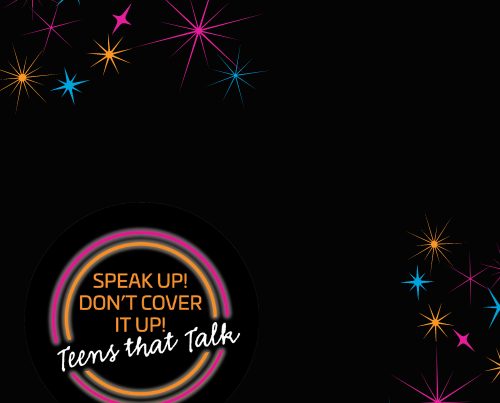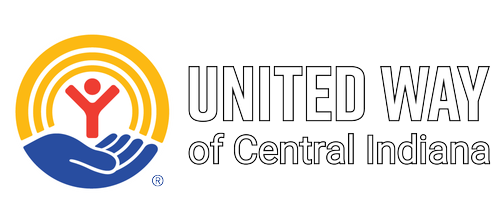Most of us find it challenging to trust another person. Why? Because to build trust, we have to allow ourselves to be vulnerable. In mutually caring relationships, our willingness to be vulnerable can create deep satisfaction. Sadly, though, that same vulnerability can be turned into a tool of control and abuse.
Teenagers are quite familiar with the idea of trust. They have to earn their parents’ trust to get more freedoms. They need their coach’s trust to get playing time. They need their friends’ trust if they don’t want to be ostracized.
The idea of trust can get a little cloudy, though, when it comes to dating and boyfriends and girlfriends – and today’s technology doesn’t help.
Location sharing and digital abuse
Melissa Echerd, our prevention and education officer, discusses trust and digital technology abuse with teens in our Healthy Relationships curriculum. While teens can easily relate to the use of tech for online bullying, they are more surprised to learn that digital abuse can include location sharing, too. This is when two people use phone apps and platforms to share their physical location with each other, often 24/7/365.
“What’s the big deal?” one student asked Melissa in a recent discussion. “We just want to know where our friends are in case we want to hang out or one of us isn’t hitting the other back with a message.”
Melissa saw heads nodding and eyes rolling. She could practically hear their thoughts: “Adults just don’t get it.” “They’re so paranoid.” “Why shouldn’t my boyfriend want me to know where he is?”
A female student who had appeared to be bored with the class suddenly perked up and raised her hand.
“My boyfriend and I do it to show that we trust each other,” she said proudly. “We don’t have anything to hide. And he wants to know I’m safe.”
On the surface, those are noble sentiments, and both parties may mean them at the time they’re said. The danger is that even in the best relationships – with people young and old – this ability to constantly monitor can easily drift into an unhealthy issue of control.
Melissa posed a question: “What might your partner think if they knew you were looking to see where they were 10 or 15 times a day?”
Think about it. What if you started questioning each other about why you were at a particular location and what you were doing? GPS isn’t 100-percent accurate, so what happens when one of says you weren’t there or seems evasive about why? Could you start to feel mistrusted or, on the other hand, as if your trust is misplaced?
What is trust?
When you constantly monitor your partner’s whereabouts and vice versa, you may be ignoring a bigger issue. Maybe trust isn’t there after all. The saying, “Trust but verify” isn’t actually trust at all.
Except for parents, no teenager has a right to know where another teen is every moment of every day. In fact, not even adults have the right to question one another’s location every second. Trust is defined as “assured (certain) reliance on the character, ability, strength or truth of someone.”
Of course, all this doesn’t mean you should maintain trust in the face of overwhelming evidence to the contrary. But if you have no concrete reason to abandon your otherwise valid trust in someone, then think about why you feel as you do.
And if someone else has no real reason not to mistrust you, then don’t let them guilt you into giving up your ability to govern your own behavior.
—
For more information, see Teens That Talk – or give to support community and outreach efforts.







